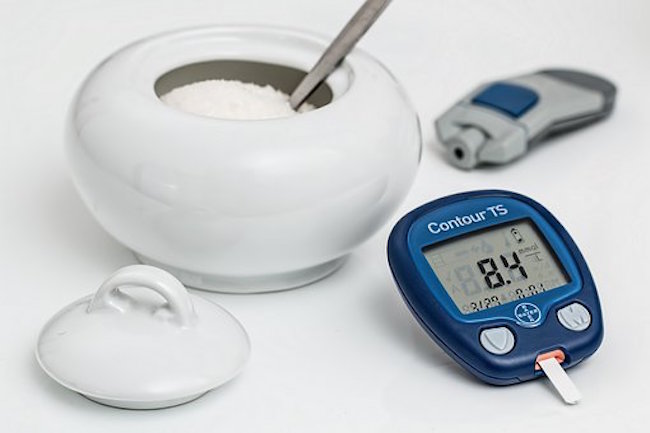Fasting Prevents and Halts Diabetes by Dr. Joseph Mercola for Mercola
Fasting has been practiced for centuries. In fact, science shows that, like animals, we have a fasting instinct that extends through the ages: Hippocrates prescribed and championed fasting while using apple cider vinegar.1
Religions around the world developed fasting independently as a practice and the Greeks not only prescribed it for illness, but required it in preparation for many rituals to contact supernatural forces. Fasting has also been used as a means of political protest.
Gandhi fasted on at least 14 different occasions, three times for as long as 21 days. One of the longest recorded political fasts was by Terence McSweeney, past mayor of Cork, who for political reasons fasted 74 days until his death in 1920.2 Fasting may seem daunting and a challenge, but can provide long-term benefits and helps your body remove toxins.
The detoxifying effects of fasting are in fact why I developed the partial fasting regimen detailed in my latest book, “KetoFast.” KetoFasting combines a cyclical ketogenic diet and intermittent fasting with cyclical partial fasting to optimize health and longevity and support safe detoxification.
Fasting Improves Insulin Sensitivity
Like other studies before it, recent research finds fasting may improve insulin sensitivity,3 reverse diabetes4 and supports your weight management efforts when combined with exercise.5
The research, presented at Digestive Disease Week 2019,6 was based on the fasting prayer practices of Muslims during Ramadan. The pilot study enlisted 14 healthy individuals who routinely fasted for 15 hours a day from dawn to dusk over 30 days.
Researchers collected blood samples before the individuals began their religious fast and at the end of the fourth week of fasting. An additional blood panel was drawn one week post fasting. The research work was partially supported by a National Institutes of Health Public Health Service grant.7
Fasting for 30 days raised the levels of tropomyosin (TPM) proteins that in turn improved insulin resistance and reduced the adverse effects of a diet rich in sugar. Higher levels of TPM 1, 3 and 4 were found in the blood samples of the participants.8 TPM is a key factor in maintaining the health of cells important to insulin resistance.
TPM 3 plays an important role in improving sensitivity to insulin, which means better blood glucose control. The research team was led by Dr. Ayse Leyla Mindikoglu, associate professor of medicine and surgery at Baylor College of Medicine in Houston, Texas, who commented on the results:9
“Feeding and fasting can significantly impact how the body makes and uses proteins that are critical to decreasing insulin resistance and maintaining a healthy body weight. Therefore, the timing of and duration between meals could be important factors to consider for people struggling with obesity-related conditions.
According to World Health Organization data, obesity affects over 650 million people worldwide, placing them at risk for any number of health conditions.
We are in the process of expanding our research to include individuals with metabolic syndrome and [nonalcoholic fatty liver disease] to determine whether the results are consistent with those of the healthy individuals.
Based on our initial research, we believe that dawn-to-sunset fasting may provide a cost-effective intervention for those struggling with obesity-related conditions.”
Fasting May Promote Pancreatic Beta-Cell Growth
An editorial written in the BMJ10 by noted research scientist James DiNicolantonio, PharmD.,11discusses the results of several studies that have found repeated episodes of fasting may induce cell growth of pancreatic beta cells in mouse models.




